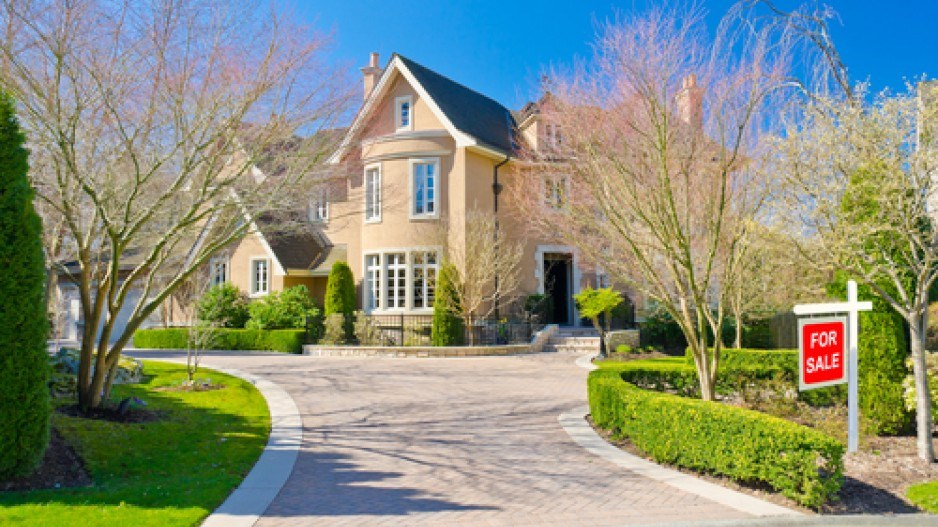By Peter Ladner
Last week I looked at how offshore investors – buoyed by the lower Canadian dollar and our wonderful city’s attractiveness – are driving local buyers out of the high-end real estate market. That’s helping push prices higher throughout the Lower Mainland. Housing prices out of reach of local workers are affecting employers. Many are having trouble attracting peak-performing staff who want to own a home near where they work, but can’t pay for it through their salaries – even if they have two high-earning spouses in the household.
A whopping 70% of all sales in Metro Vancouver between 2007 and 2013 were rated “unaffordable” by the Real Estate Board of Greater Vancouver. Last month, intrepid researcher Andy Yan of Bing Thom Architects pointed out that in the last five years, the percentage of homes in Vancouver valued above $1 million jumped to 66% from 33%. And last year, based on the annual Demographia International Housing Affordability Survey, Vancouver ranked as the second most unaffordable city surveyed. The top city, Hong Kong, recently began taxing foreign owners.
Now we hear that supra-normal returns on housing are the deciding factor in rising inequality in our country. Who’s getting these juicy returns? People who already have capital, or access to it, including local sellers swollen with cash. Not the people vital to our social, cultural and economic well-being who are entirely dependent on their salaries. If they can’t afford to buy the homes they typically want, they leave, or don’t come here.
If someone didn’t think that record-level housing unaffordability was a good thing, what could be done?
That’s hard to say without identifying the biggest cause of unaffordable housing. Is it too many empty homes? Too many absentee buyers? Investors crowding out residents? Too much speculation? Not enough supply? The Agricultural Land Reserve?
Or, if you believe Tsur Somerville, the University of British Columbia prof backed by the real estate industry, “it’s more of an income issue.”
We just have to double all the salaries in the region and we’ll be fine.
The BC Chamber of Commerce, as I have written earlier, has proposed a tweak to the B.C. property transfer tax (PPT), lightening the load on residents while increasing the rate for homes that aren’t principal residences. The province has said it wants no part of stemming the flow of foreign investment into the province, but PPT changes might appeal because they would keep revenue constant and remove the political thorn of penalizing B.C. families struggling to buy a home they’re actually going to live in.
Vancouver Deputy Mayor Andrea Reimer isn’t keen on that idea, because she thinks any increases in the cost of buying a home for a rental investment would get passed on to renters.
“As a renter, I don’t care who owns my home. I don’t want my rent to go up because the landlord gets hit by an offshore ownership tax.”
Coun. Geoff Meggs agreed: “It’s not a question of who owns a home, but is it being left empty or rented for inappropriate uses like Airbnb?”
So why not have two levels of property tax, said Reimer: one (low rate) for any principal residence or rented property, and a higher rate for owners who can’t prove their homes are being rented out or who are skirting regulations with short-term commercial rentals like Airbnb?
Foreign ownership and empty homes are a subset of speculation, she says, so why not reward longer-term owners? In France, a property sold after 10 years would get a 30% discount on capital gains tax, and one held for 15 years would get a 60% discount, with no capital gains tax at all after 22 years of ownership.
Any move to dampen housing demand hinges on a gnarly political choice: improve housing affordability for new buyers or protect the soaring equity of existing homeowners.
So far, that’s not a fair fight. •
Peter Ladner ([email protected]) is a co-founder of Business in Vancouver.




